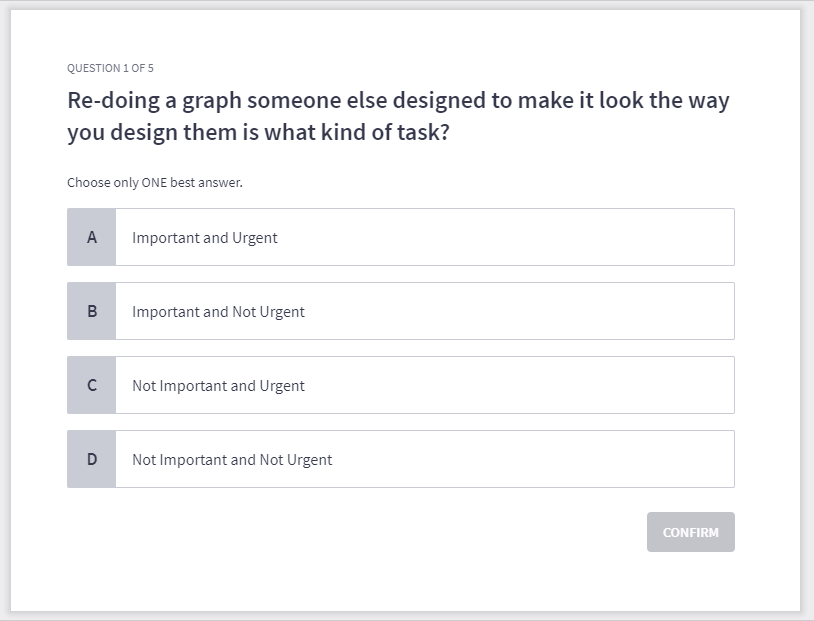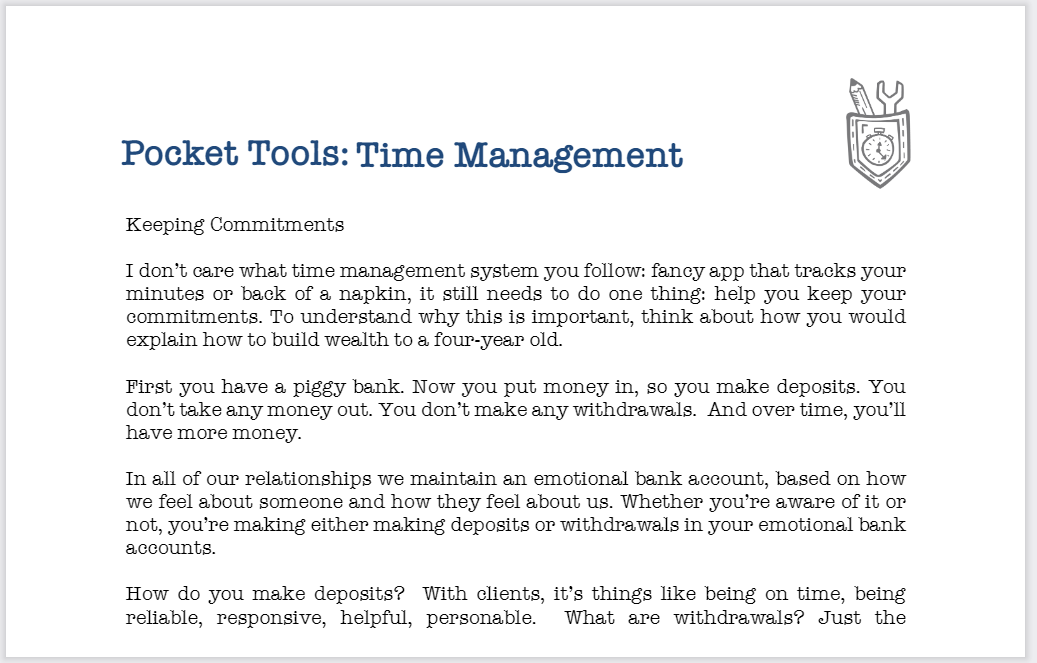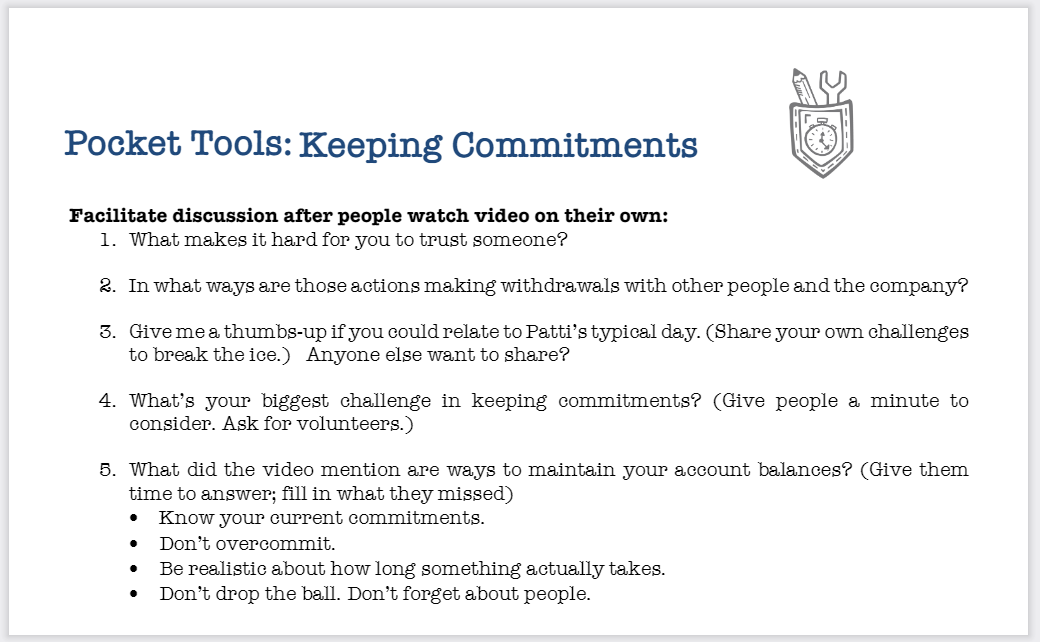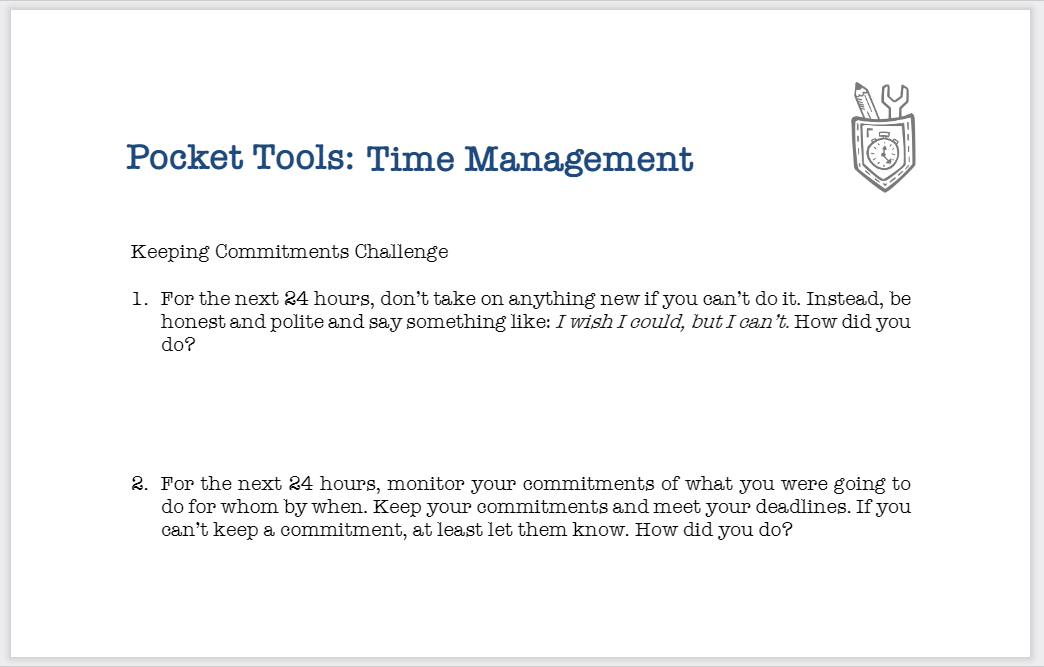You’ve worked your entire career to be able to deliver at the highest level. Clients love you. You’re respected in the office. Younger people want to learn from you. And now you’ve been told that to grow as a leader, you need to delegate more.
In other words, let go of your entire identity as an individual contributor and, instead, be responsible for someone else’s work product.
Ugh. Delegating can make you feel like you’re letting people down: clients who are used to your level of detail and staff who are already burdened by their own work.
To make yourself feel better, first accept the reality of what will happen if you don’tdelegate: your team will not grow; you won’t grow by not being able to focus on higher-level work; and the firm will be paying you for something that someone else can do at a lower rate.
Then make it clear to whom you are delegating why you shouldn’t do the task. It might start like this: “I need your help so I’m not working on design review and can spend more time on business development, so we can keep people employed.”
Let’s break that down:
“I need your help.” This is very different from telling someone they need to do something. It sets a friendlier tone that appeals to their better nature of wanting to be seen as helpful. (By the way, this is not a negotiation, just a softer opening.)
By explaining “so I’m not working on design review and can spend more time on business development,” you’re communicating that design review is not the best use of your time. By communicating you’ll be spending your time on business development, you’re not saying you’re delegating so you can work less. You’re explaining how you will be spending your time.
Lastly, saying “so we can keep people employed”makes it even clearer why they should be motivated to fully take on the task.You’re appealing to them as a teammate. They have their job, and you have your job, and together you’ll both be employed!
It also makes clear the dilemma: time is limited, and you can’t do design review and business development.
You are both inviting them to help you and the firm and elevating what might be considered a menial task into one of greater importance.
Help them see they are playing a major role in directly contributing to everyone’s livelihood, including their own.




Recent Comments